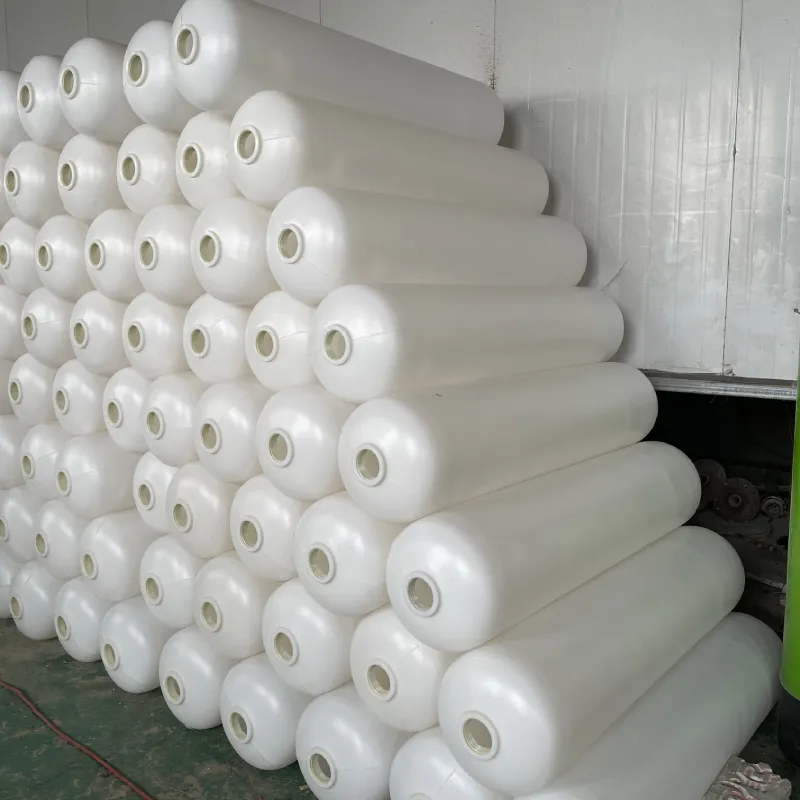loading...
- No. 9, Xingyuan South Street, Dongwaihuan Road, Zaoqiang County, Hengshui, Hebei, China
- admin@zjcomposites.com
- +86 15097380338
- Welcome to visit our website!
water softener system
Understanding Water Softener Systems An Essential Guide
Water is an essential resource for life and daily activities, yet its quality can greatly affect our health, household appliances, and overall comfort. One common issue in many households is hard water, which contains high levels of calcium and magnesium ions. This can lead to various problems, from scale buildup in pipes and appliances to soap scum on bathroom fixtures. A water softener system is an effective solution to counteract these issues, ensuring a more enjoyable and efficient use of water in your home.
What is a Water Softener System?
A water softener system is designed to remove calcium and magnesium from hard water, replacing them with sodium or potassium ions through a process known as ion exchange. The system typically consists of a mineral tank filled with resin beads that attract and bind the hard water minerals. When hard water flows through the tank, the resin beads capture the calcium and magnesium, and in return, release sodium or potassium ions into the water. This process effectively transforms hard water into soft water, which can significantly improve its quality.
Benefits of Using a Water Softener
1. Prolongs Appliance Lifespan Hard water can cause scale buildup in appliances such as dishwashers, water heaters, and washing machines, leading to reduced efficiency and potential breakdowns. By using a water softener, homeowners can prolong the lifespan of these appliances.
2. Improves Cleaning Efficiency Soft water enhances the effectiveness of soaps and detergents, requiring less product for cleaning purposes. This not only saves money on cleaning supplies but also leads to cleaner dishes, brighter laundry, and less residue on sinks and bathtubs.
3. Reduces Skin and Hair Issues Many individuals with hard water experience dry skin and dull hair as minerals can strip moisture away. Soft water, on the other hand, is gentler on the skin and hair, leading to improved texture and health.
4. Minimizes Plumbing Problems The buildup of scale within plumbing can lead to clogs and reduced water flow. A water softener helps prevent these issues, protecting your plumbing system and reducing maintenance costs.
5. Enhances Water Heater Efficiency Water heaters can work much harder when dealing with hard water due to scale accumulation. A water softener can increase the efficiency of your water heater, ultimately lowering energy bills and improving heating effectiveness.
water softener system

Types of Water Softeners
1. Salt-Based Softeners These are the most common types of water softeners, utilizing sodium or potassium chloride for the ion exchange process. They require regular maintenance, including adding salt periodically.
2. Salt-Free Softeners Instead of removing minerals, salt-free systems condition the water to prevent scale buildup by altering the structure of calcium and magnesium, allowing them to pass through pipes without depositing scale. While they require less maintenance, they may not be as effective in very hard water conditions.
3. Dual-Tank Softeners Designed for larger households or high demand for softened water, these systems come with two resin tanks, enabling one tank to recharge while the other is in use, ensuring a continuous supply of soft water.
4. Magnetic or Electronic Softeners These innovative systems claim to soften water by using magnetic or electronic fields to alter the physical properties of hard minerals. However, their effectiveness varies, and they may not be as reliable as traditional methods.
Installation and Maintenance
Installing a water softener system often requires professional assistance to ensure proper sizing and integration with existing plumbing. Maintenance typically involves regularly checking and replenishing salt levels in the system and periodic cleaning of the resin tank. Keeping up with maintenance will help ensure long-lasting performance and reliability.
Conclusion
Water softener systems provide a valuable solution for homes facing the challenges of hard water. The benefits include improved appliance longevity, enhanced cleaning effectiveness, better skin and hair health, and reduced plumbing issues. By understanding the different types and ensuring proper installation and maintenance, homeowners can ensure they enjoy the full advantages of soft water throughout their daily lives. Investing in a water softener is not merely a convenience; it's a step towards a healthier, more efficient home.
-
The Rise of FRP Profiles: Strong, Lightweight, and Built to LastNewsJul.14,2025
-
SMC Panel Tanks: A Modern Water Storage Solution for All EnvironmentsNewsJul.14,2025
-
GRP Grating: A Modern Solution for Safe and Durable Access SystemsNewsJul.14,2025
-
Galvanized Steel Water Tanks: Durable, Reliable, and Ready for UseNewsJul.14,2025
-
FRP Mini Mesh Grating: The Safer, Smarter Flooring SolutionNewsJul.14,2025
-
Exploring FRP Vessels: Durable Solutions for Modern Fluid HandlingNewsJul.14,2025
-
GRP Structures: The Future of Lightweight, High-Performance EngineeringNewsJun.20,2025
